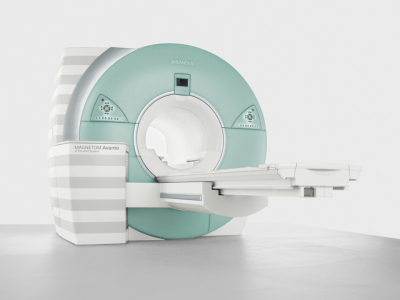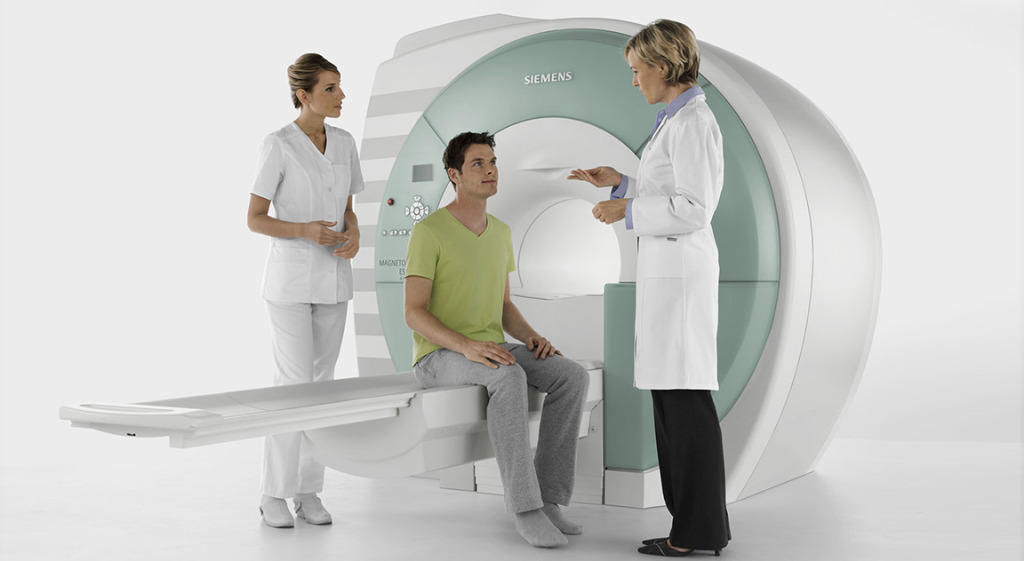This study is being carried out by world leaders in the use of advanced technology in:
- Cardiac Magnetic Resonance Imaging
- Genetic Testing
- Biomarker Analysis
- Clinical Research Study Design and Analysis
Cardiac Magnetic Resonance (CMR)
Cardiac MRI (CMR) is a safe test that uses magnets, radio waves and a computer to make both still and moving pictures of the heart and major blood vessels. Doctors use CMR to take pictures of the beating heart and to look at its structure and function.

CMR scans are painless but involve the use of a strong magnetic field, so if you have any of the following, you would not be suitable for a scan, and would not be able to take part in this study:
- permanent pacemaker or defibrillator
- metal clips in blood vessels of the brain
- injury to the eye involving fragments of metal
- shrapnel injuries
- other metal or electronic implants
Or if you are pregnant or breast-feeding.
Genetic Testing
Genetic testing can be used to find out whether a person is carrying a specific genetic mutation (gene alteration) that cause a certain medical condition. This usually involves having a sample of the person’s blood or tissue taken.
- We will take some blood samples and analyse the DNA it contains to find out if there are changes in genes associated with hypertrophic cardiomyopathy.
- This will be carried out at the Genetics Core laboratory at the University of Oxford.
Biomarker Analysis
It has been shown that patients with HCM have raised levels of biomarkers (natural substances) in their blood which indicate the presence of increased heart muscle wall stress, injury (damage) and tissue scarring (fibrosis).
- We will take some blood samples to measure the levels of these biomarkers and to look at their association with the severity of the heart condition.
- These blood samples will be sent for analysis to the Biomarker Core Laboratory at Brigham and Women’s Hospital, Boston, USA.
Clinical Research Study Design and Analysis
The Christiana Care Center for Outcomes Research (CCOR) is a US resource for the study of medical outcomes with expertise in clinical medicine, epidemiology, biostatistics and informatics. CCOR scientists have broad research experience in creating, running and analysing data from large research (observational) studies such as this study and also randomised trials.






